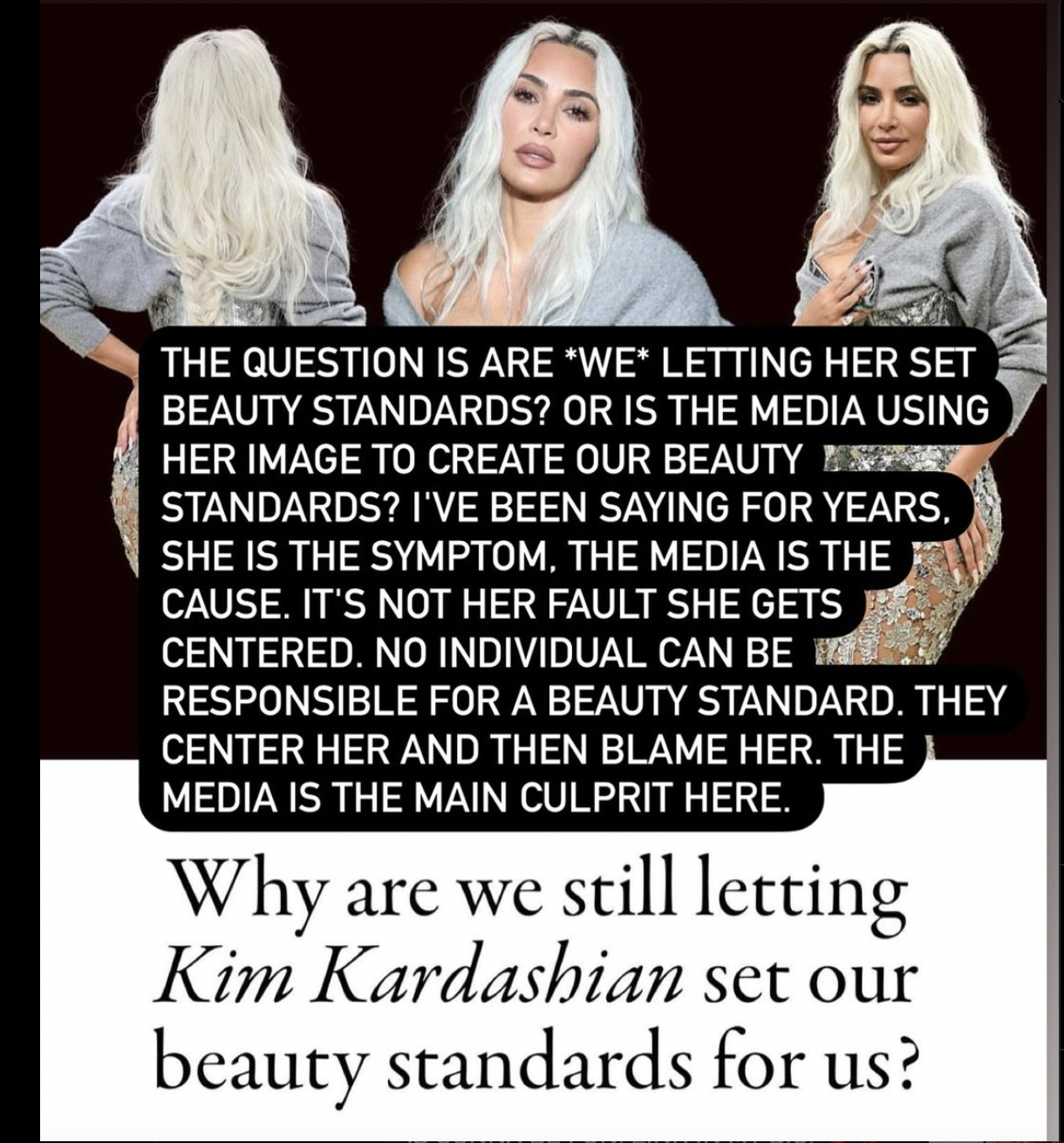Creating Community: Itch N Bitch. How I Overcame Deep-Rooted Anxiety About My Skin Condition and Dared to Show the World My Real Skin: The Process and Parts People Don’t See
January 19th 2021, the date I pressed create account and @itch_N_bitch was created. BUT, my journey didn't start there. It started in 1996, my year of birth. The year I was diagnosed with eczema. LETS HIT IT!!
I’ve had Eczema for as long as I can remember, it’s always been there and I’ve always been the kid who would run through a field, climb a tree or splash in a puddle and break out in hives.
Some of my earliest memories are of me screaming as I got into an oat bath or of my mum pinning me down to apply my prescription creams. Oh, and me rolling butt naked all over a fur rug… turns out I was allergic.
Throughout the years, I always felt like I had to hide my skin as I felt conscious of it, the long sleeves in summer, the foundation on my legs in PE, and the missed nights out, it’s safe to say eczema has always been a massive trigger of anxiety for me. Looking back, I get angry when I think about the fact I felt the need to apologize for a skin condition that I had no control over. From early as I can remember, it was all about hiding my skin.
This narrative came from my people around me and sadly the media. From my weekly magazine I'd buy at Tesco called 'Girl Talk' and 'just seventeen' to the billboards and adverts around me It was all about how to cover, how to reduce wrinkles and create 'perfect' complexions.
This kind of exposure lead to me to perfecting how to hide and cover my flares.
I vividly remember holding onto my long sleeves tightly, afraid they would ride up and reveal my eczema. One of my worst memories was during my first year of university, working as a lifeguard. I sat poolside, wearing long sleeves and leggings under my uniform, terrified of people staring or questioning my skin condition. Unfortunately, my manager forced me to remove the sleeves, claiming it was a "health and safety hazard" and "unprofessional." This was one of the first times I opened up about my skin and my feelings, only to be met with a lack of support.
Everything changed in February 2017 when I discovered a large bald patch on my scalp, while sitting in a busy pub. This unexpected revelation of alopecia triggered overwhelming panic and anxiety, consuming my thoughts and infecting my self-image. My eczema worsened, spreading across my entire body. Night after night, I cried myself to sleep, experiencing near daily panic attacks without any apparent trigger. The fear of going completely bald haunted me, intensifying my negative self-perception. I found myself constantly seeking flaws in the mirror, unable to see any positive attributes.
So, yeah, I spent years perfecting how to hide my skin instead of learning how to love and care for it. I often sat crying in front of the mirror, thinking, "Will I be bald and flaky forever?" I really didn't have anything nice to say about myself. I was in a repetitive bad spiralling pattern that was only making things worse. I would throw money at anything and everything that was branded as hydrating, calming / natural. Often, prioritising the skincare shop over a food shop whilst a poor student.
In between all these sad moments, I hid everything with a big smile. But, I was struggling. I eventually confided in a lecturer and it turns out her pixie cut wasn't a style choice, and she too had alopecia. She marched me down to the well-being office, and my university got me extenuating circumstances on all my deadlines and emailed the head of student well-being to book me in for counseling. She showed me that it can take one person to change everything. She showed me compassion, understanding and support.
When I received the diagnosis of anxiety from the doctor, it was quite overwhelming. I was like oh great let's add that to the list ahha! However, without this I would have never taken the step to start Cognitive Behavioral Therapy (CBT) which was a major turning point for me. CBT helped me develop coping skills to navigate through various difficulties caused by my feelings of loss of control. It provided me with the tools to understand how my thoughts, beliefs, and attitudes influence my emotions and behaviors. Although I initially found myself in tears during every session, I gradually regained a sense of control I hadn't felt for many years. CBT taught me how to transform my feelings to help me take charge of my well-being.
This is when "When you can't control the situation, control your reaction to it" became my mantra. I started openly sharing my hair loss on a private account and in doing so found individuals talking about their eczema....
I realized that something I had been hiding for years was actually something that people discussed and connected over. The first post I saw filled me with excitement, I remember thinking "OMG they look like me". Followed by self reflection and to be honest anger. I was like fuck it, why am I hiding on a private account. Seeing others share gave me the confidence to share my alopecia on my personal account in September 2017, 7 months after my first patch. I did this to also gain control, and tell people before they pointed it out on campus.
I received so much love, support and dms. The alopecia came and went over the next few years but my eczema stayed. I, like a lot of people, was unable to talk about my condition until after I got through the worst of it but from that struggle and a lot of therapy sessions, I found my voice.
I started taking control of my narrative and showcasing that when you surround yourself with people who get it you'll never feel alone, judged or like the odd one out ever again. Instead, you'll feel connected, understood and supported. Shared knowledge and mutual understanding have helped me way more than all the topical treatments.
Simply put, one of the best ways to care for your eczema isn't your physical skincare routine. It's your mental health care. It's about knowing and seeing you're not alone. Being headstrong and supported makes all the uncertainty of living with visual conditions easier to deal with. That’s why I launched @itch_N_bitch to show people, it does and will get better and we can find some humour in the darkness.
If you are reading this and want to start sharing your own journey online or with your family or friends and become your own itchy advocate my biggest advice is;
Make yourself a top priority. Learn to Say No: Don't overcommit or push yourself too hard. It's okay to decline invitations or requests when you need extra self-care time. Those first few days of a flare can be very mentally draining and its super important you take time to adjust. Find your stress outlet, flares are soo much easier to deal with when you are head strong and calm. HAVE AN EMBARRASSING LONE BOOGY IN YA KITCHEN, RELEASE THOSE HAPPY ENDORPHINS !!
Practise Self-Compassion: Be gentle with yourself on tough days. Recognize that it's okay to feel frustrated or down at times, and treat yourself with the same kindness you'd offer to a friend. Also, stop blaming yourself it’s not something you ate or did. you are not to blame. REPEAT AFTER ME; I AM NOT TO BLAME FOR MY FLARES.
Develop Assertiveness: Learn how to effectively communicate your needs and boundaries to friends, family, and healthcare professionals. I used to practice lil scenarios to help calm my anxiety, I’d practise what I’d say if someone asked about my skin. This can empower you to get the support and treatment you deserve.
Connect with Advocacy Groups or follow pages/people who make you feel better: Also, join or support organizations that advocate for people with your skin condition. They often offer resources, advocacy tips, and opportunities to make a difference in your community.
Remember that advocacy is not just about raising awareness but also about taking care of your mental and emotional well-being. Building resilience and self-advocacy skills will help you navigate the challenges of living with itchy skin in a world of filters.
For me, this mindset shift and self-acceptance all started with small positive self-talk phrases like “At least my eczema isn’t on me X.Y & Z”. It could be the smallest part of your body but reframing your thinking to look for that small positive will grow into a bigger mindset shift with time and honestly help you when those flares catch you off guard. I went from hiding and overthinking about people seeing my skin to reclaiming my power by controlling my narrative and hopefully helping to change the general narrative about skin conditions little by little. The fave quote I’ve ever written is “We can’t always control our [insert skin condition], but we can control how we react to it. That is our power”.
I hope this article helps you realize that one day, you'll be able to talk about your biggest insecurity without your voice breaking or maybe even start sharing instead of hiding.
I hope that one day you'll openly share, educate others, and have this moment of release instead of dread when people ask you how you're feeling.
@itch_N_bitch and the community will be here to catch you when you do!
BIG LOVE, 𝕋𝕙𝕖 𝕀𝕥𝕔𝕙𝕪 𝔹𝕚𝕥𝕔𝕙,
AKA @Mackies_Moments❤️💌




